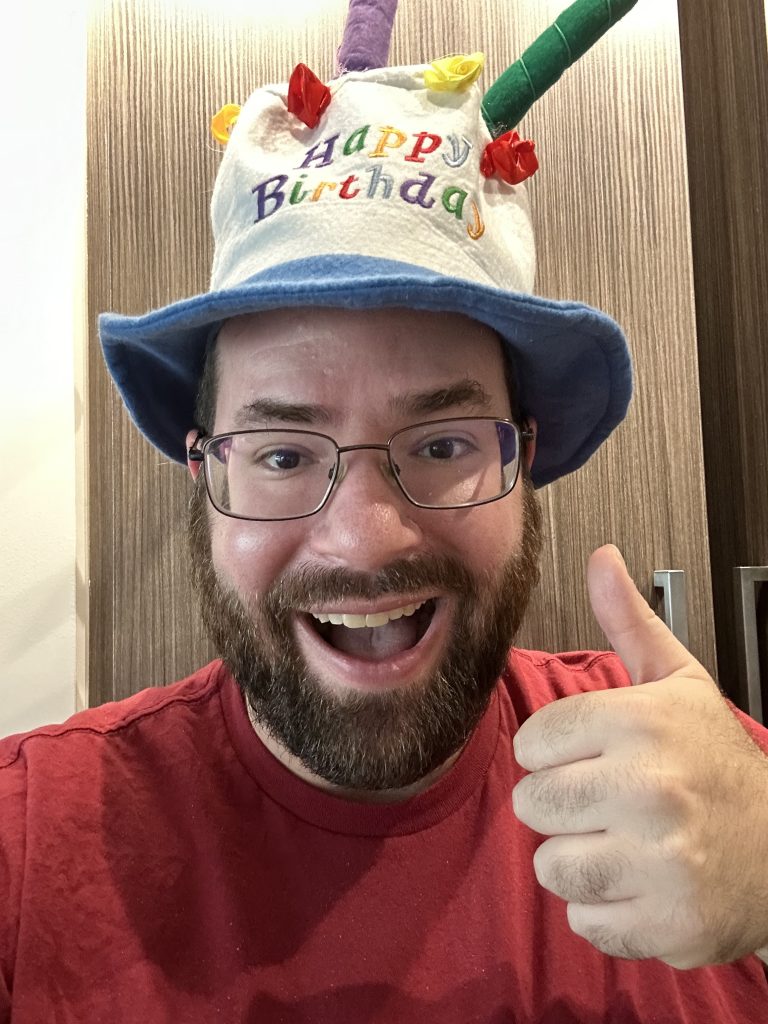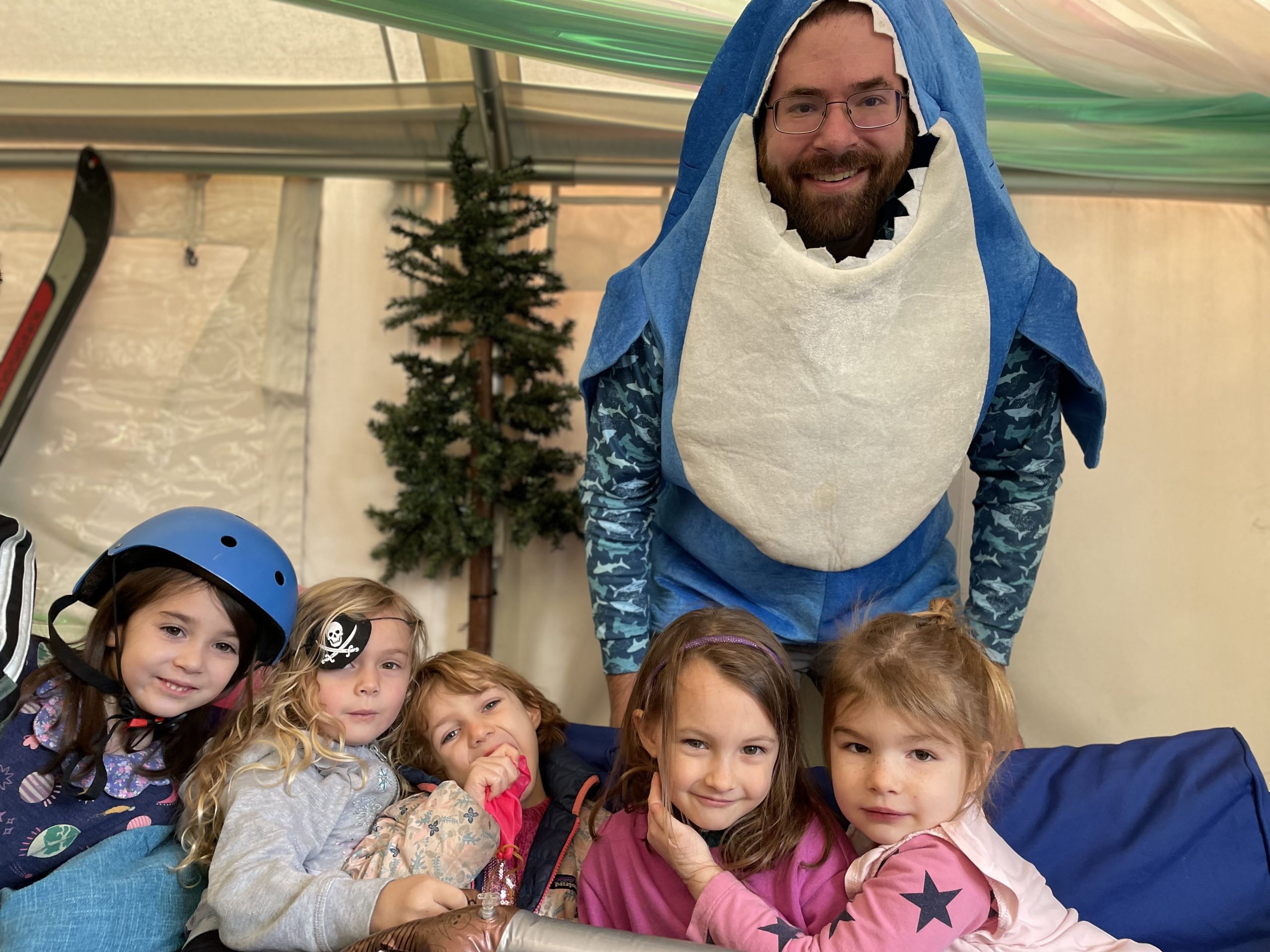Today marks 15 years of blogging for Southern Fried Science! In that time, I’ve written over 600 blog posts on a huge variety of topics, and spread the good word about shark science and conservation. I’d like to celebrate the occassion by looking back on 15 things that I’m proudest of during my time as a blogger.

Blog posts that I wrote helped changed laws that protect shark species of conservation concern
As documented in my published case study “Recreational shark fishing in Florida: How research and strategic science communication helped to change policy,” blog posts were an essential part of the multi-pronged communications strategy that resulted in Florida changing land-based shark fishing regulations. Not only did these posts raise broad public awareness of the problem (including breaking a now widely-used US shark conservation statistic into the discourse) and debunk myths and misconceptions raised by the other side, but the specific talking points I wrote were mentioned in 1 out of every 20 public comments submitted to the state-a clear case of online public science engagement shaping environmental policy. In the end, the resulting new regulations were almost word-for-word what I (in consultation with a broad coalition of interest groups) proposed. And other states are now taking up the mantle of similar reform.
I’ve written some of the most accessible (and in some cases the only accessible) explainers of key conservation and management policies.
The world of ocean conservation policy is sometimes a legalese bureaucratic ball of confusion, and in many cases there’s nowhere for curious citizens to even go to learn more about these policies in plain language. I’ve summarized a 2015 United Nations report on the rise of the global shark meat trade, and introduced people to the Bonn Convention, and explained CITES, and the IOTC and NAFO, and everything in between. This genre of post, perhaps more than anything else, led to wanting to write my book.
I helped to draw attention to some egregious behavior by Shark Week, the biggest stage in my field.
Shark Week is a dumpster fire of lies and nonsense, with few signs of improvement in recent years. However, it is dramatically better than it was at its lowest point, when the Discovery Channel aired fictional shows that falsely claimed to be documentaries, resulting in longstanding public misunderstanding and mistrust of shark science. We wrote some of the earliest (and most widely cited) posts calling out this egregious behavior, and those blog posts were read in the Discovery Communications Board meeting that resulted in firing the past CEO. Here’s my open letter to the new CEO….how naively optimistic I was.
My research has become more accessible
When a big new paper comes out, or when a research expedition ends, or when I finish my dang Ph.D., I now write a blog post summarizing it. Sometimes this leads to additional media coverage, almost like a mini press release. Sometimes it leads to questions from the public. At the very least, it helps me to think about the key take home messages from my own work, which has made me a better writer and a better teacher.
I’ve highlighted the work of colleagues
My (self-created and self-enforced) role is to be a cheerleader and promoter for my whole field. I don’t just use the large online communications presence I’ve built to help myself, because I am not a jerk. I write about some colleagues’ work directly (including breaking stories that later get picked up by mainstream media), while others I summarize in my annual shark science year in review posts. (If you’re looking for the 2023 version, it’s included in Shark News, the IUCN Species Survival Commission Shark Specialist Group newsletter!)
Colleagues have used the platform to elevate their own work.
In addition to me writing about other peoples’ work, we’ve hosted dozens of guest posts from the world of marine biology and ocean conservation, including giving people our platform to promote their research crowdfunding campaigns. We’ve also covered some improtant stories about the culture of science in this way. Building up our audience took a lot of time, strategy, and effort, and it’s been great to be able to share our platform to let colleagues tell important stories of their own.
Blog posts have diven popular press coverage and shaped media narratives.
“Here’s what the media got wrong” is a popular genre of social media rant, and usually doesn’t amount to anything. So I am especially proud that several of our campaigns resulted in substantive media change. I don’t just mean getting Fox News to use “shark-human interaction” after Tucker Carlson mocked us for this campaign, though that was pretty sweet.

I mean stories like this one, which resulted in four of the seven biggest newspapers in Florida running stories about an issue they had ignored or dismissed. Or these media briefings that resulted in stories getting written more accurately. One of my criticisms got written up by the Knight Science Journalism Tracker! Another of my debunkings led to several live TV interviews where journalists admitted that their previous coverage was wrong!
I’ve used blog post series to launch a paid writing career.
Who can forget “Dear Shark Man,” a write-in ask me a question column that has transitioned into my monthly “Ask a Marine Biologist” column at SCUBA diving magazine? I didn’t start blogging with the goal of getting paid freelance writing gigs, but it’s been a nice perk, and the elevated platform allowed me to show even more people to learn about the ocean, threats to the ocean, and how they can help.
Highlighting successes stories helps to share #OceanOptimism
The #OceanOptimism movement says that it’s vital to share good news and success stories, both so people won’t tune us out, and so that we know that the vast problems we face are solvable. After all, if we’re doomed no matter what we do, why do anything? I’ve covered several species recoveries like barndoor skates, electric rays, and coastal shark populations overall.
Holding myself accountable
Any book is out of date the moment it’s published, but I kept track of what happened in the world of shark science and conservation since the publication of Why Sharks Matter, as well as some (minor) things I got wrong.
Sharing hard-won professional advice helps those who come after me
They aren’t the most-read blog posts I write, but my “how to” professional advice posts are responsible for the most thank you letters from students that I get!
Investigative journalism cleared a scientist of wrongdoing.
Back when I started blogging, there was a huge debate over whether blogging is journalism. The answer is that it can be, but isn’t inherently. In 15 years, I’ve done what I would call hard-hitting investigative journalism (including filing a FOIA request) exactly once… and it resulted in clear evidence that a scientific colleague was innocent of supposed research ethics violations. (It also showed that he had been framed by misleading evidence, and the person who did that is still mad at me 14 years later, even though I did not name him).
Being a writer has opened professional doors for me.
As a Masters student, I was amazed at how many Big Name Scientists would totally blow me off if I emailed them asking a research question, but would respond within minutes if I was offering to interview them about their latest project for the blog. This allowed my to build up a professional network that has changed the course of my career.
Explaining this stuff to you has made me think more broadly and deeply about my role in the science and conservation ecossytem.
I don’t think I would have had the courage to start my own science and conservation comms consulting firm without the skills and connections I made during my time doing online public science engagement. But I’ve also used these posts to consider where my unusual skillset is most needed and most valued. Amazingly, one of the first blog posts that I ever wrote outlines my thoughts on this stuff very clearly, and 14 years later, I wouldn’t change much.
I’ve had a hell of a lot of fun.
As noted in my recent keynote address, public science engagement should be fun. You know what? I’ve had fun, and it’s because of you. So thank you, deeply and sincerely, for reading.

